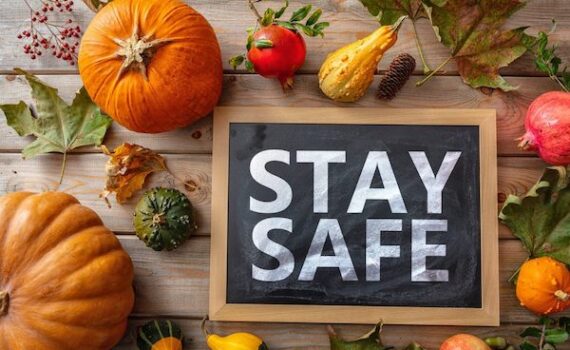Tips for a Safe and Healthy Thanksgiving
Category : PROspective
Thanksgiving can be a stressful time of year for everyone. Whether you are hosting your first Thanksgiving, coordinating travel plans, interacting with difficult family members, or staying in Atlanta and missing your family, everyone is facing a unique situation this week. Here are some tips to enjoy a safe and healthy Thanksgiving this year no matter where you are.
- Be public health conscious as you travel. If you are flying this week, make sure to wear a mask at the airport and on your flights, and socially distance where possible! Wash your hands frequently and avoid touching your face or any possibly contaminated objects. Bring hand sanitizer to use throughout the airport where washing your hands is not an option. This is a busy time for travel, especially at the Atlanta airport, and it is our public health duty to do our part in keeping everyone healthy. Now is the time to get your COVID-19 booster and flu shots if you have not already done so! You can schedule both of these through Emory Student Health Services.
- Try to keep your gatherings as COVID and flu – friendly as possible. Consider adapting your Thanksgiving gathering plans to accommodate for your most vulnerable family members or friends who may be attending. This could mean hosting an outdoor gathering, bringing your own utensils/plates/etc, or setting health and safety expectations with guests ahead of time. Read more tips from the Georgia Department of Health here.
- Volunteer in your community. Another way to celebrate Thanksgiving is to volunteer in various ways in the community. If you are staying in Atlanta and are unsure of what your plans might be this year, consider spending your time with one of the dozens of organizations looking for volunteers this week! You can find many of these opportunities here.
- Have difficult conversations. Public health and epidemiology have become increasingly common topics in the news over the past few years. You may have family members who are suddenly experts in COVID conspiracy theories or share other absurd health-related opinions. Do your best to stay patient when these topics are brought up, and try to understand where their opinions come from. As public health students, this will not be the last time we will have to have these frustrating conversations in our lives, so it is best to be patient and get used to conversations like these. Address any misinformation they have and provide scientific evidence to support your statements. You can find more tips for navigating these difficult conversations here.
